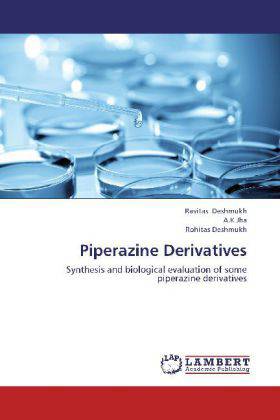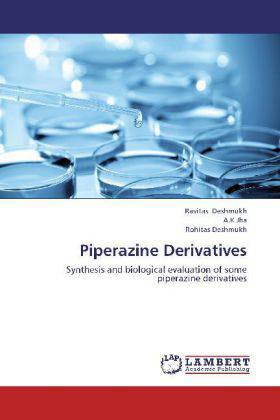
- Afhalen na 1 uur in een winkel met voorraad
- Gratis thuislevering in België vanaf € 30
- Ruim aanbod met 7 miljoen producten
- Afhalen na 1 uur in een winkel met voorraad
- Gratis thuislevering in België vanaf € 30
- Ruim aanbod met 7 miljoen producten
Zoeken
Biodesulfurization of fossil fuels
Diesel desulfurization by cells and enzymes of Staphylococcus sp. strain S3/c
Harmanjit Kaur Goindi, D. K. Adhikari, Y. K. Jaiswal
Paperback | Engels
€ 105,45
+ 210 punten
Omschrijving
The Biodesulphurisation wave is the onset of efforts to remove excess of sulphur containing organic compounds from fossil fuels and their distillates. It embarks on the potential of the microorganisms as well as their enzymes for degrading these compounds or specifically remove the sulphur atom from them so as to reduce the sulphur oxide emissions from such biodesulphurised fuels . Needless to say, the resultant cleaner fuels help in maintaining the environmental conditions conducive for all living beings. This study focuses on the use on a novel bacterium Staphylococcus sp. Strain S3/c for effectively removing the model compound, dibenzothiophene (DBT), from model oil as well as its naturally occurring derivatives in straight run gas oil and hydrodesulphurised diesel. The use of its enzymes have also shown DBT oxidation under near non-aqueous conditions, a feat considered impossible to fathom. Interesting study for oil refining companies, researchers and environmentalists.
Specificaties
Betrokkenen
- Auteur(s):
- Uitgeverij:
Inhoud
- Aantal bladzijden:
- 216
- Taal:
- Engels
Eigenschappen
- Productcode (EAN):
- 9783659312120
- Verschijningsdatum:
- 22/12/2012
- Uitvoering:
- Paperback
- Afmetingen:
- 150 mm x 220 mm
- Gewicht:
- 322 g

Alleen bij Standaard Boekhandel
+ 210 punten op je klantenkaart van Standaard Boekhandel
Beoordelingen
We publiceren alleen reviews die voldoen aan de voorwaarden voor reviews. Bekijk onze voorwaarden voor reviews.








